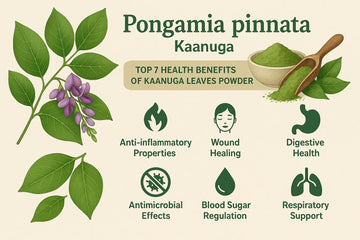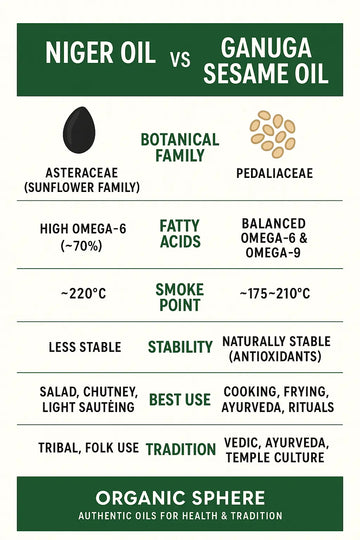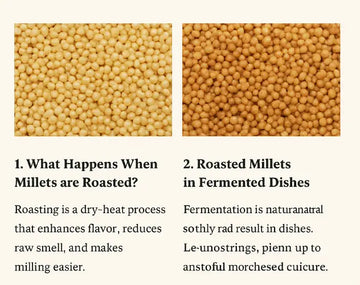Sulfur in Agriculture: Balancing Pest Control with Environmental and Safety Considerations
Jan 05, 2024
sulfur can be used as a pesticide to control certain types of bugs and diseases in agriculture, including in organic farming, but its use should be carefully managed. Here are some key points to consider:
-
Effectiveness: Sulfur is particularly effective against fungi and certain types of mites. It's often used in vineyards, for instance, to combat powdery mildew. However, its effectiveness against other types of bugs or pests can vary.
-
Organic Farming Compatibility: Sulfur is generally considered acceptable in organic farming, but it's important to use it in accordance with organic standards and regulations. This means following specific guidelines regarding its application and frequency of use.
-
Application Method: The way sulfur is applied is crucial. It's often used in a powdered form (dusting) or as a liquid spray. The method can affect its efficacy and the risk of potential harm to plants, beneficial insects, and the environment.
-
Safety Considerations: While sulfur is a naturally occurring element and generally considered safe, it can be harmful in large quantities or if misused. It can cause irritation to the skin, eyes, and respiratory system in humans and animals. It's essential to follow safety guidelines when handling and applying sulfur.
-
Impact on Beneficial Insects: One downside to using sulfur is that it can negatively affect beneficial insects, which are crucial for a healthy ecosystem, especially in organic farming. Therefore, its use should be balanced with the need to preserve these beneficial species.
-
Environmental Impact: Sulfur can contribute to acid rain in large quantities, so its environmental impact should be considered, especially in areas prone to acid rain.
In conclusion, while sulfur can be a useful tool in managing certain pests and diseases in both conventional and organic farming, it should be used judiciously, following all safety and regulatory guidelines, and considering its impact on the environment and non-target organisms.
The information about the compatibility of sulfur use in organic farming and the importance of adhering to specific guidelines for its application comes from various agricultural and organic certification standards. Key sources for such guidelines include:
-
National Organic Program (NOP): Administered by the USDA, the NOP provides federal regulations regarding organic agricultural products in the U.S. It includes standards for what substances can be used in organic farming, including pest control methods.
-
International Federation of Organic Agriculture Movements (IFOAM): A worldwide organization for organic farming that sets international guidelines and supports organic agriculture practices.
-
Organic Materials Review Institute (OMRI): A non-profit organization that provides an independent review of products intended for use in certified organic production, handling, and processing under the NOP standards.
-
European Union Organic Farming Standards: The EU has its own set of regulations and standards for organic farming, which include guidelines on what substances and practices are permissible.
-
Local Organic Certification Bodies: Different countries or regions might have their own organic certification standards and regulations, which can include specific guidelines on sulfur use.
These sources offer comprehensive guidelines on various practices in organic farming, including the use of sulfur as a pesticide. They outline acceptable application methods, frequency of use, and safety measures to ensure compliance with organic farming principles. It's always advisable for farmers and producers to consult their local or national organic certification standards to understand the specific regulations applicable to their region.





